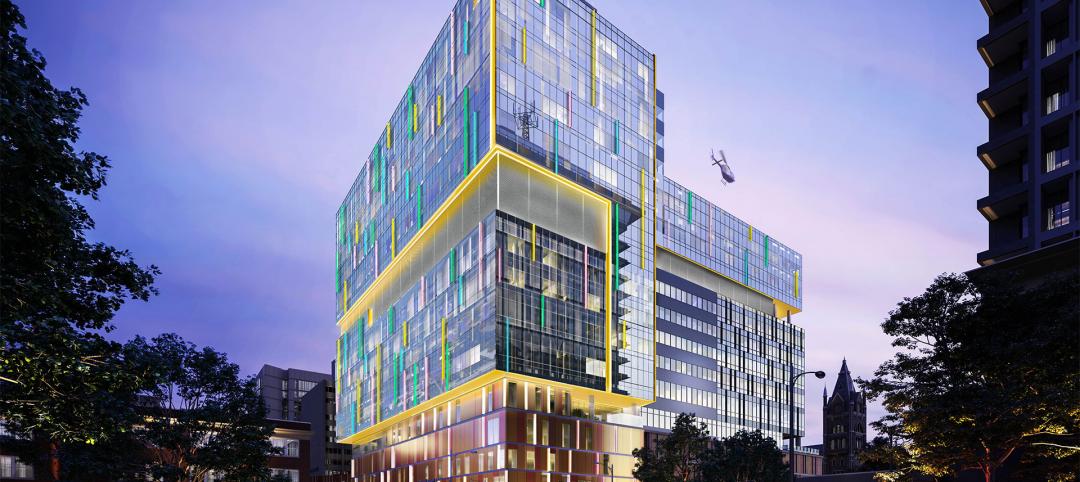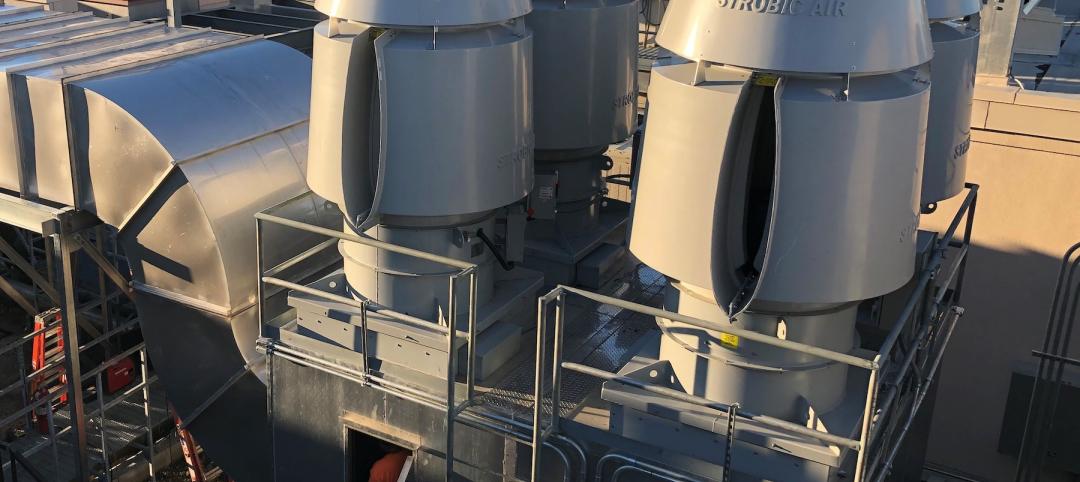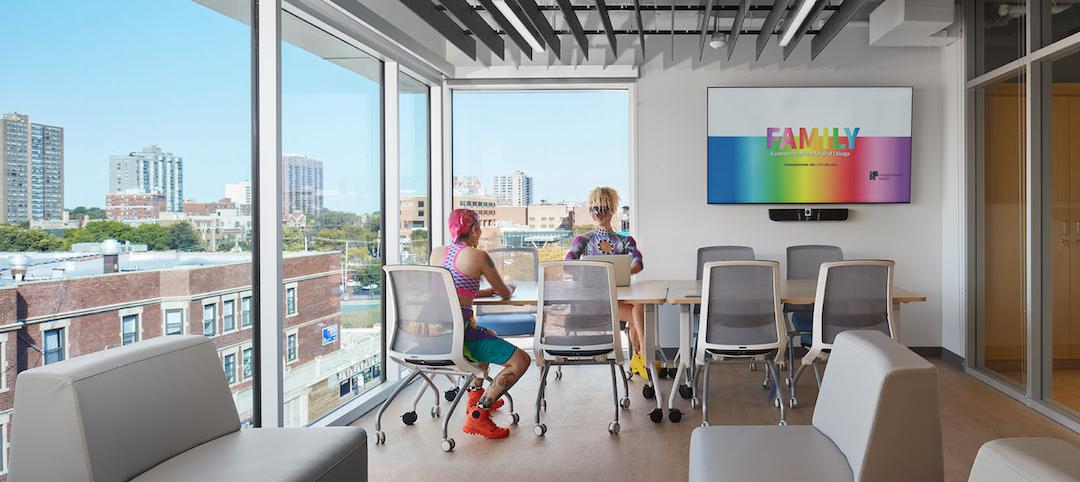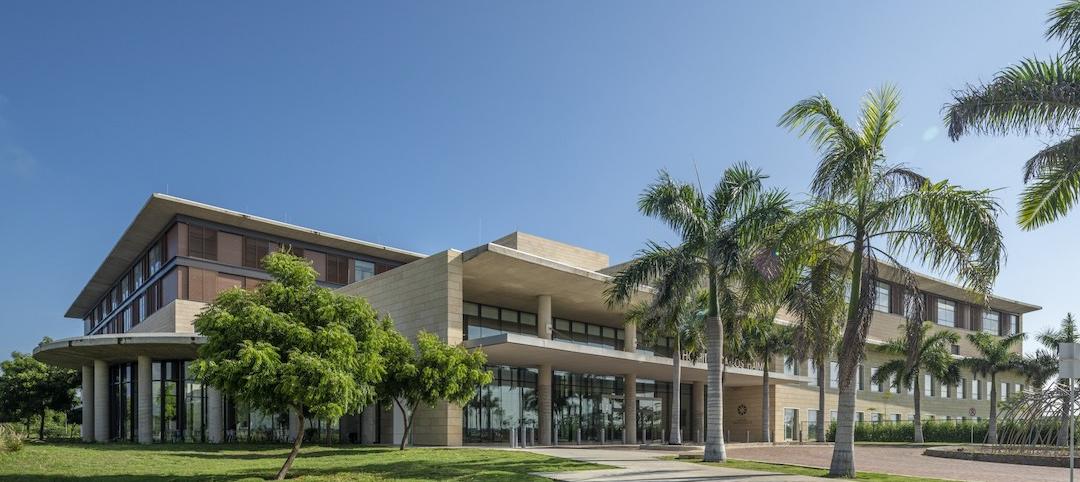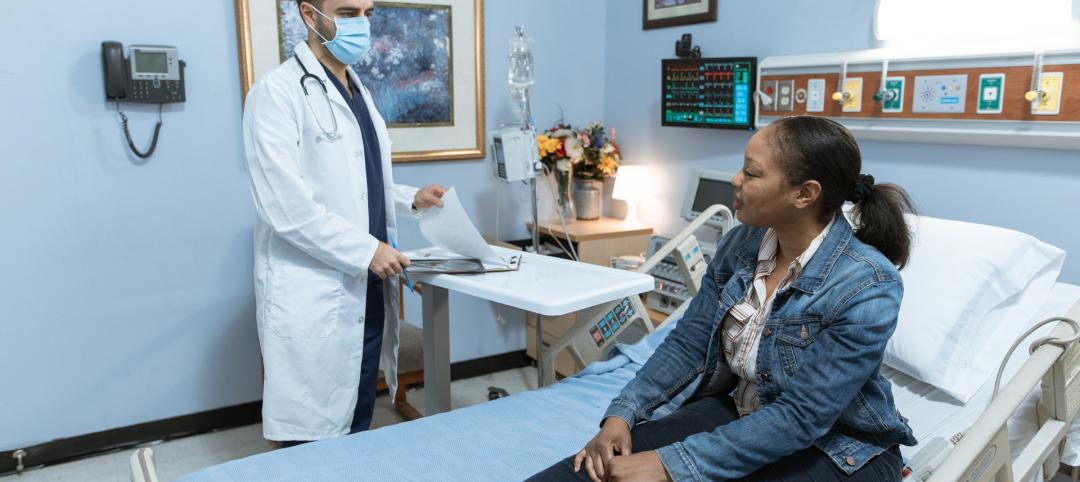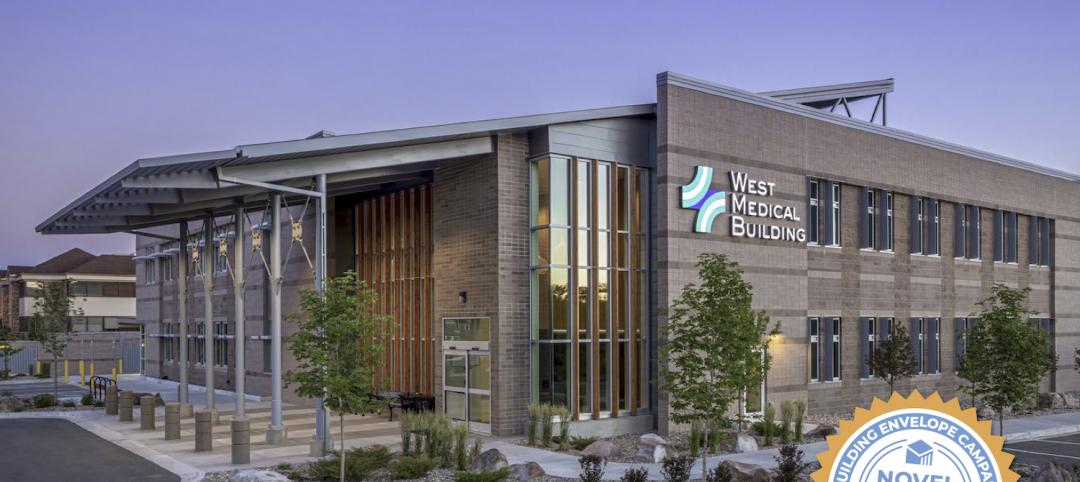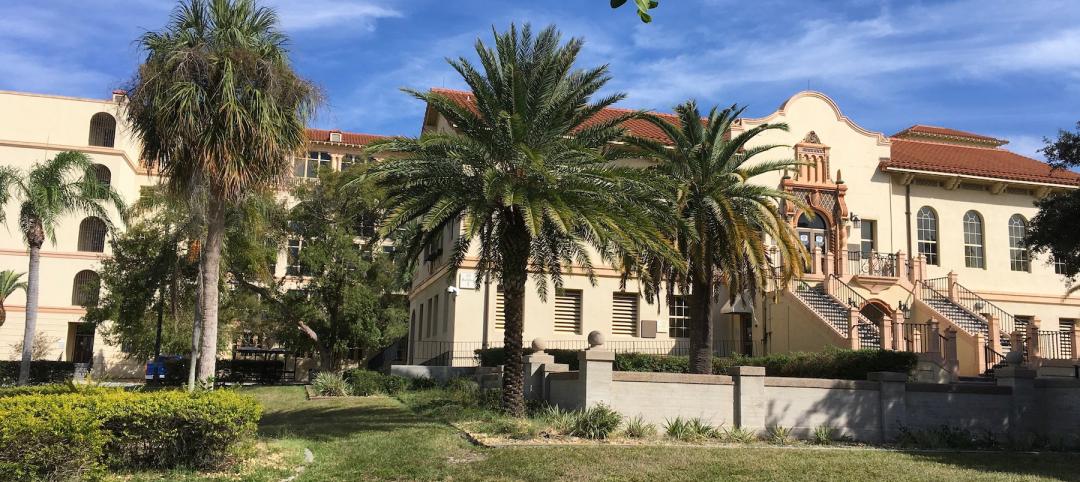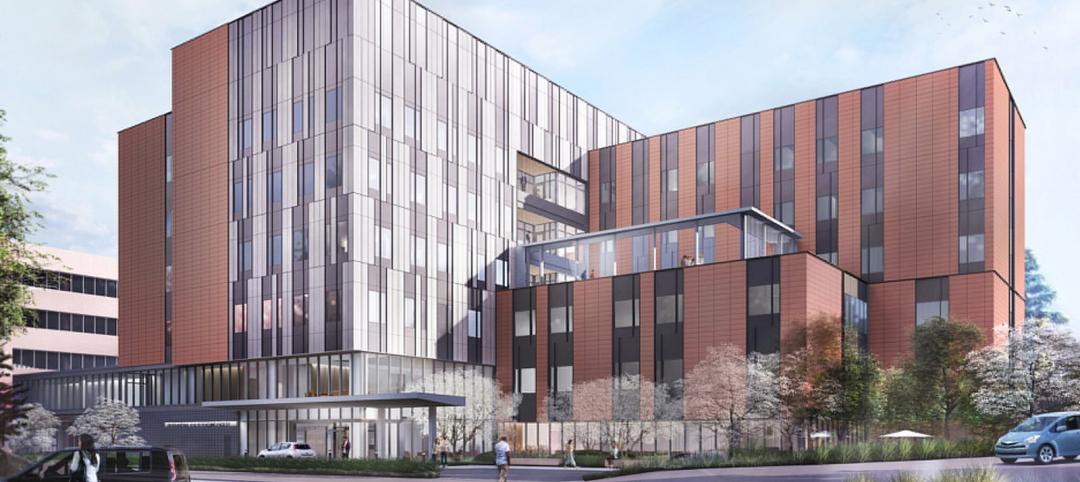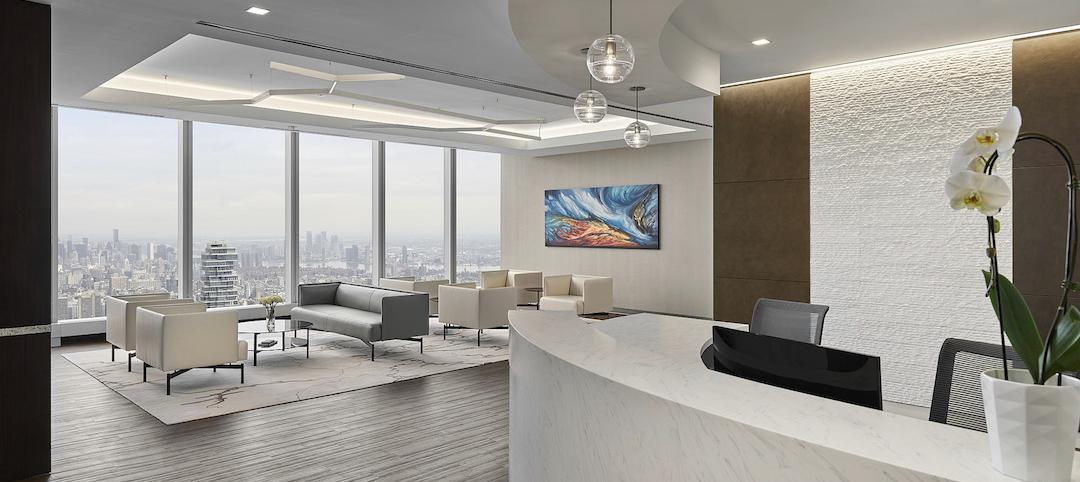In the first quarter of 2016, there were 163 transactions of medical office buildings totaling more than $1.8 billion in volume, according to estimates by CBRE, the nation’s largest real estate services provider, in its latest “National Healthcare Real Estate Investor Update.”
By far the largest transaction occurred last January, when a joint venture between Chicago-based Heitman Capital and Denver-based NexCare Group paid $199 million to acquire the 227,628-sf First Hill Medical Pavilion in Seattle.
That facility, which last year underwent an extensive renovation and 63,000-sf addition, is positioned adjacent to the Swedish Medical Center campus that’s part of Providence Health & Services healthcare system, which leases 65% of First Hill. (The architect of the reno and expansion was CollinsWoerman; the GC was Lease Crutcher Lewis.)
CBRE observes that the healthcare section continues to be “one of the strongest job generators in the American economy.” Quoting Bureau of Labor Statistics data, CBRE notes that between April 2015 and April 2016, healthcare produced 482,000 jobs, or roughly 18% of the 2.7 million nonfarm jobs formed in the U.S. during that period.
Last year, the number of uninsured Americans stood at 9.1% of the total population, the first time in the country’s history that number had fallen below 10%. Last year’s future compares to 16% in 2010, the year the Affordable Care Act was enacted.
CBRE also points to a recent Accenture study of six years of hospital margin data and patient satisfaction scores. Top-ranking hospitals achieved markets that, on average, were 50% higher than those with average scores. The top hospitals’ revenue growth also outpaced their operating expenses.
The healthcare sector could become even more attractive to certain investors after new regulations went into effect in April that mandate greater transparency and disclosure for non-traded REITs in such areas as per-share valuation and dividend distribution.
The new regs prohibit the public offering of securities of a REIT or direct participation program unless the sponsor agrees to annually disclose (at a minimum) the per-share value of each security.
“Investors of non-traded healthcare REITs now stand to benefit from these regulations aimed at fundamentally revising this investment product that has long been characterized with nontransparent share prices and high commissions,” CBRE writes. “Healthcare real estate is still very much in demand and will continue to attract broker-dealers to offer the non-traded REIT products. The existing sponsors in the market are expected to continue to thrive while making it more difficult for new sponsors to enter the space.”
Related Stories
Healthcare Facilities | Dec 15, 2021
COVID-19 has altered the speed and design of healthcare projects, perhaps irrevocably
Healthcare clients want their projects up and running quicker, a task made more complicated by the shortage of skilled labor in many markets.
Healthcare Facilities | Dec 15, 2021
MEP design considerations for rural hospitals
Rural hospitals present unique opportunities and challenges for healthcare facility operators. Oftentimes, the infrastructure and building systems have not been updated for years and require significant improvements in order to meet today’s modern medical demands. Additionally, as these smaller, more remote hospitals are acquired by larger regional and national healthcare systems, the first step by new ownership is often to update and rehabilitate the building. But how can this be done thoughtfully, economically, and efficiently in ways that allow the engineering and facility staff to adapt to the changes? And how can the updates accurately reflect the specific needs of rural communities and the afflictions with which these areas most commonly face?
Healthcare Facilities | Dec 7, 2021
Wheeler Kearns Architects completes Howard Brown Health’s Broadway Youth Center in Chicago
The new facility will provide medical and social service programs to LGBTQI+ youth.
Healthcare Facilities | Nov 23, 2021
Why vertical hospitals might be the next frontier in healthcare design
In this article, we’ll explore the opportunities and challenges of high-rise hospital design, as well as the main ideas and themes we considered when designing the new medical facility for the heart of London.
Healthcare Facilities | Nov 12, 2021
Centro Hospitalario Serena Del Mar is Safdie Architects’ first project in Latin America
The hospital project is characterized by its connectivity to nature.
Healthcare Facilities | Nov 2, 2021
Key design considerations for designing the smart patient room
The complete patient experience encompasses the journey to the hospital, the care experience, and the trip back home. All these touchpoints come with an expectation.
Cladding and Facade Systems | Oct 26, 2021
14 projects recognized by DOE for high-performance building envelope design
The inaugural class of DOE’s Better Buildings Building Envelope Campaign includes a medical office building that uses hybrid vacuum-insulated glass and a net-zero concrete-and-timber community center.
Healthcare Facilities | Oct 22, 2021
The VA is updating what once was the main hospital on a Florida medical campus
The renovated Building One will provide outpatient services.
Healthcare Facilities | Oct 21, 2021
UW Medical Center starts construction on Behavioral Health Teaching Facility
Will add much-needed patient bed capacity for Seattle.
Healthcare Facilities | Oct 20, 2021
Ware Malcomb completes Princeton Longevity Center at 1 World Trade Center
The project is located on the 71st floor.



